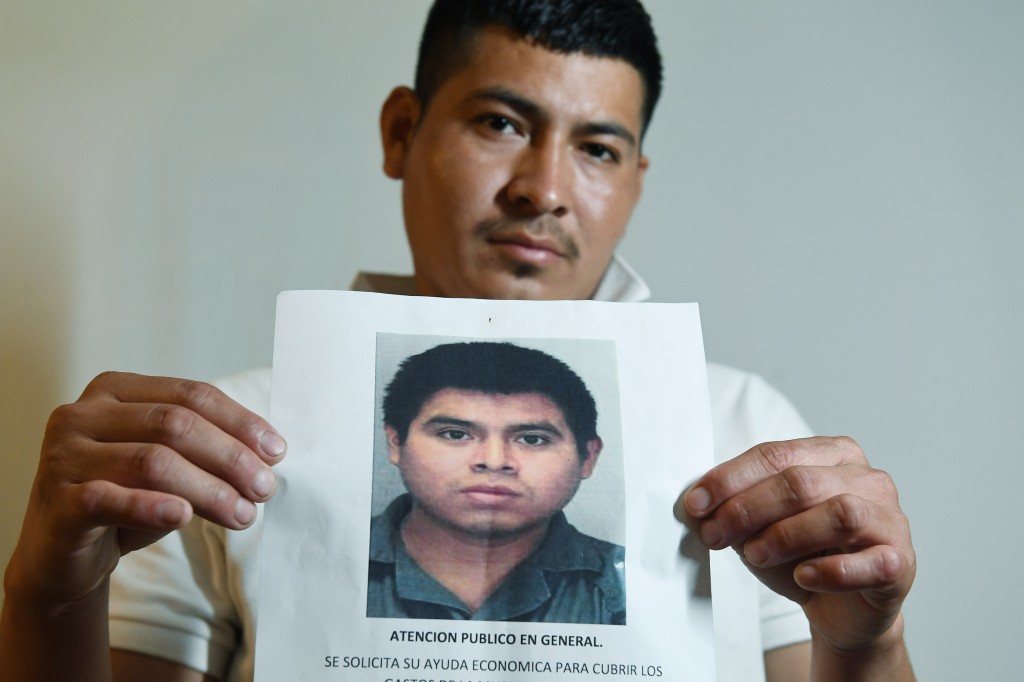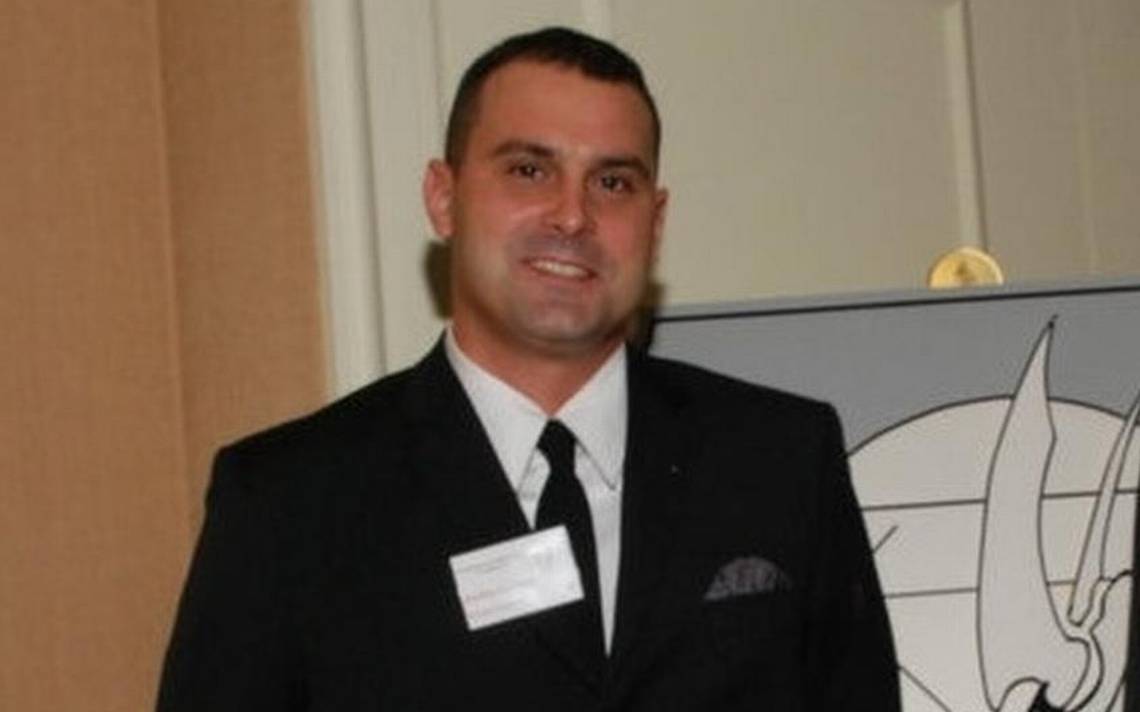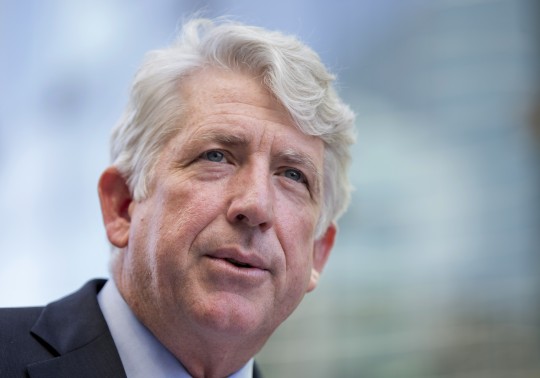
(9-15-16) Yesterday I reprinted a letter from a father about how Crisis Intervention Team trained officers had treated an individual in the midst of a crisis with respect despite the verbal abuse that he was yelling at them. I am writing today about a completely different experience for individuals in New York City who are deemed “emotionally disturbed.”
Individuals with mental illnesses are being restrained in a mesh bag commonly called “the burrito.”
News about the restraining device surfaced earlier this year after a bystander posted a cell phone video of it on Youtube. (See video at end of blog.) The video shows a man lying on the ground with his ankles and legs bound with orange tape with both hands secured behind his back. He is surrounded by New York City Police officers who, after searching him, lift him onto a white body bag and bright blue lettering that they then zip around him, completely enclosing his body and head with only his feet extending from the end. After he is restrained mummy style, he is transported.
The full body restraint bag is being marketed under the name EDP Bag, an acronym for Emotionally Disturbed Person bag, and was created specifically for the NYPD, although it now is being marketed to other departments for $899 by a company called DeSantis Gunhide.







